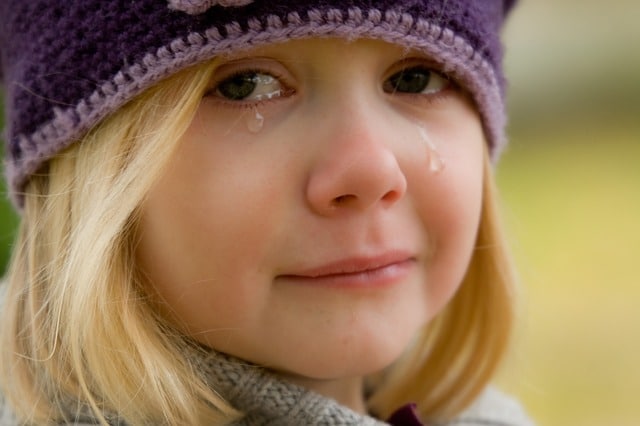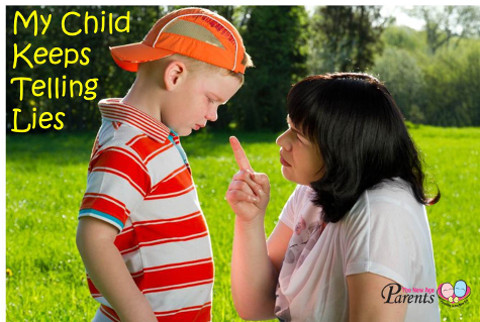As your child grows and becomes more aware of the happenings in the world. Be it terrorist attacks, natural disasters or death of a loved one.

Age of innocence of a child does not seem to last that long after all. It is not surprising that they are aware of the terrorist attacks that affect other parts of the world like London and America even before they started Primary School. Our children become aware of death long even before we realize it. They see dead animals and insects, witness death on the media and in fairy tales.
As a parent, how do you address your child’s sadness and fears when you yourself are horrified by the images of grief and pain seen from media. While we empathize with the victims and the survivors who have lost their loved ones during the tragedy, we count our blessings that our children are safe.
However, we could always learn from these tragedies and explain to our children about love and compassion.
So how do we help children face up to tragedies? Do we confront the children with information or seek to avoid these sensitive topics involving death and losses? While some of the parents try to brush the topic off, some seek to provide more information to the children which might not be the best parenting move with the limitation in the child’s understanding. Difficult as can be, I guess we parents could do a “balancing act”.

I remember the passing away of my father-in-law about 2 years ago. While we adults were feeling very upset and grief over it, many of us, including me, told the children only that their grandfather had gone to a much more beautiful place called “heaven” and then they put an abrupt end to the conversation. How contradicting! Since grandpa has gone to such a beautiful place, why are my parents so sad?
Years passed and as my own children grow, I can see the inquisitive mind of the little ones trying to find out more rather than “your grandpa has gone to heaven”.
Here are some ways whereby I think we can fill up the gaps of their curiosity and at the same time strike a balance in the information that we could provide them with.
- Be sensitive to their desire to communicate how they feel to us rather than avoiding it.
- Do not put up barriers, which might stop their attempts to communicate
- Let them know why we are still upset although our loved ones have left us for a better place
- Listening to their questions and the feelings that they have and acknowledge them
- Do not tell them that they are too young to understand as we should not underestimate the maturity level of the new age children
- Offer them brief and simple answers relating to their questions. Make it straight forward for them to understand
- We can’t change the fact, neither could we filter away all sad news from the media, what we can do is to present our children with the fact. For example, natural disasters like earthquakes, explain to them the facts as to why it happens and due to these, it has caused death and injuries.
By permitting our children to talk to us about death and giving them the basic information, we can encourage them to communicate better with us. It makes it easier for them to talk to us if we are open, honest and comfortable with our own feelings though it is not always easy.
This article was first published in The New Age Parents e-magazine.
* * * * *
Like what you see here? Get parenting tips and stories straight to your inbox! Join our mailing list here.
Want to be heard 👂 and seen 👀 by over 100,000 parents in Singapore? We can help! Leave your contact here and we’ll be in touch.




















































